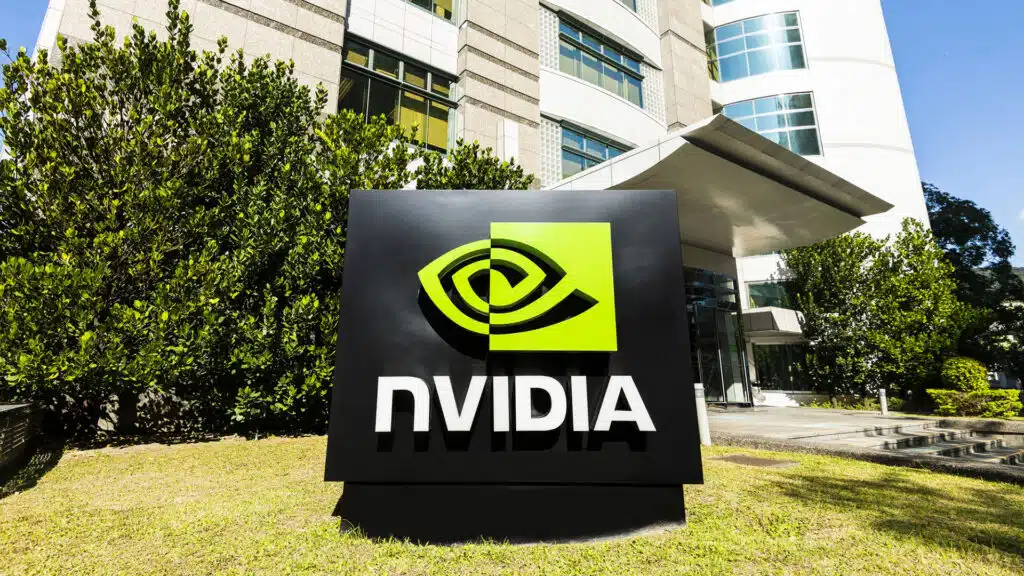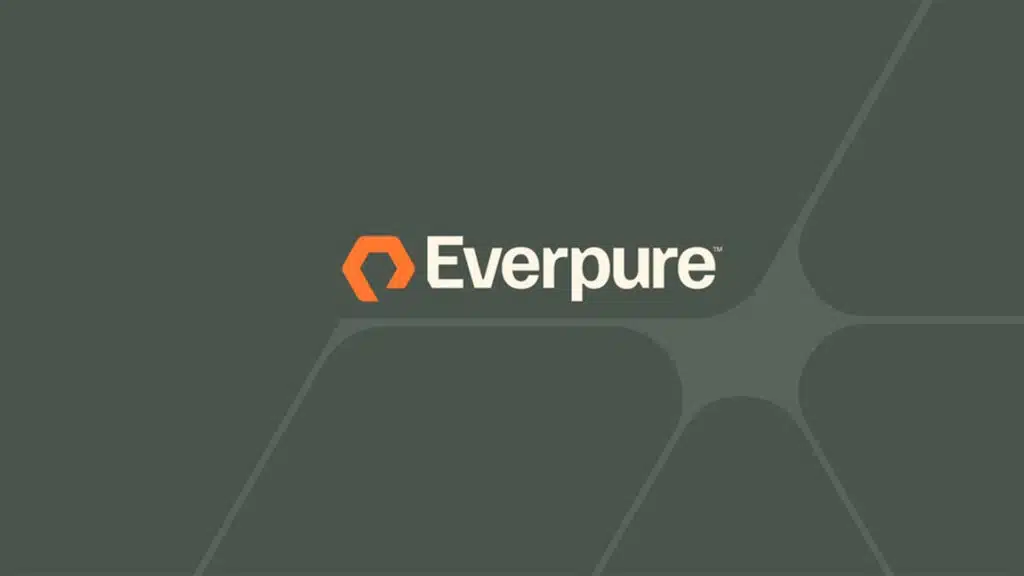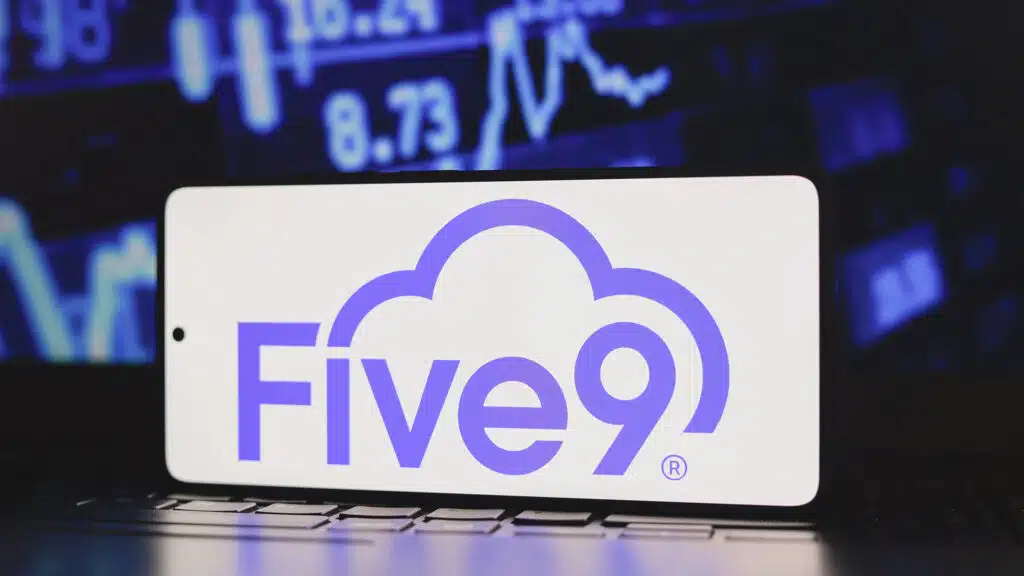The Six Five team discusses Google Q1/24 earnings.
If you are interested in watching the full episode you can check it out here.
Disclaimer: The Six Five Webcast is for information and entertainment purposes only. Over the course of this webcast, we may talk about companies that are publicly traded and we may even reference that fact and their equity share price, but please do not take anything that we say as a recommendation about what you should do with your investment dollars. We are not investment advisors and we ask that you do not treat us as such.
Transcript:
Daniel Newman: So Google, Alphabet, for everybody out there, really hit it on all cylinders. Earnings, they blew it out, $1.89, versus $1.51 revenue, beat by more than $1 billion, 80.54 against 78.59, but I’m not news reading for you, but they generated $8 billion in advertising revenue from YouTube this quarter, beating that number and growing by double digits percent.
By the way, you know they only paid $2 billion total for YouTube, now it generates 8 billion a quarter of revenue for the company. Here’s the other one though, Pat, Google Cloud, 28% growth, $9.57 billion. This was a big one. Where were some other things that tie to the overall AI space? CapEx expenditure growth up by about a billion year-on-year end. By the way, the smallest growth year-on-year of all the AI companies, and we’ll talk about that throughout the show, but Pat, here’s another thing, they launched a dividend, Google a growth company.
Patrick Moorhead: No, I know, right?
Daniel Newman: Now here’s the thing though, that’s super interesting about that though, Pat, is this good or bad? Because when companies start to become dividend companies, the question mark is always, is that because you don’t expect to be able to continue growing at a fast enough rate, or is this kind of like the superflex of Ruth Porat and the financial engineers behind the company saying, “Look, you can invest in growth and get a dividend.” It’s not a huge dividend, it was like 20 cents a share.
But it was still something meaningful to say, “Hey, we’re going to pay,” and by the way, they intend to pay quarterly cash dividends into the future. So this was really, really big. They also announced 70 billion buyback. So, they’re saying we got more cash to put back into the till. So, they really hit it on all fronts. They’re growing in all areas. The cloud business, and we mentioned this a lot after Google Cloud next, their AI strategy is working. They’ve vertically integrated TPU, now they got Axion, so they’re going to get more margin.
And by the way, that was probably the biggest flex that Porat said was that… She basically said something along the lines of, “AI is actually going to accelerate our gross margin.” And I saw this, I didn’t hear if it was from her or it was a sort of a summation of something she said, but basically we don’t need to spend as much, because we’ve been doing this longer in terms of the CapEx expenditure in AI. And companies like Meta have to spend so much, because playing catch-up to what we’ve done because I think that the joke or the line was, because they were busy investing in virtual reality over there while we were investing in AI. But Pat, a banger of a quarter, got me back in the boat, feeling good about how things sit, rock and roll.
Patrick Moorhead: Dan, I am usually a big transcript guy and for Google, they don’t have a presentation, they don’t have an immediate transcript, and two hours even after the call, it wasn’t there. So, I sent out a snarky tweet talking about all the insights I got out about Google Cloud, but even though I got in at 1:00 AM, I did go in this morning and look at the transcript and here’s what I pulled. Obviously, on the income statement we had revenue at 9.6 billion, about a 28% increase and then almost $1 billion in profitability, so $9,900,000,000. They just keep getting more profitable.
Now, in the call, big call-outs as you would expect on AI. 60% of funded GenAI startups and 90% of GenAI unicorns are Google Cloud customers. They also pointed out TPU v5p, generally available, and of course NVIDIA’s latest generation of Blackwell GPUs. The company spent almost as much time on silicon as it did the overall cloud business, which again, semiconductors are eating the world here.
And they devoted a couple lines to Axion, the new ARM-based CPU, says it performs 50% better than compatible x86-based systems. That’s pretty amazing in this day and age to call out homegrown silicon here. Final interesting thought, they lumped YouTube and Cloud. I got to tell you, for the life of me, I don’t don’t understand this at all. So listen, some advice for Google, if you want Google Cloud to be taken more seriously, don’t lump it in with YouTube, a consumer property and ads, that’s one thing. And secondly, have a presentation or put out the transcript or your prepared remarks out there.
Daniel Newman: They should bring Thomas on the call, why not?
Patrick Moorhead: Totally. Consumer ad companies, I’m not just picking on Google here, consumer ad companies do this a lot. Consumer package goods, food companies, they don’t give a lot. They force you to go to the call. That was cool like 10 years ago. Some relations and CFOs, “Hey, you need to show up to the call to get to the good bit.” So rant over, Google crushed it. I’m trying to figure out… Listen, I’m a tech industry analyst, not an equities analyst. How much of the bump is related to the dividend and how much is related to perform?
Daniel Newman: Can I make a guess as not an equities analyst?
Patrick Moorhead: Yes.
Daniel Newman: It was all about the growth. They just beat it up. Actually, I think the div, if anything, maybe because that comes out of cash, so it impacts growth. Anyways, just my guess.
Author Information
Daniel is the CEO of The Futurum Group. Living his life at the intersection of people and technology, Daniel works with the world’s largest technology brands exploring Digital Transformation and how it is influencing the enterprise.
From the leading edge of AI to global technology policy, Daniel makes the connections between business, people and tech that are required for companies to benefit most from their technology investments. Daniel is a top 5 globally ranked industry analyst and his ideas are regularly cited or shared in television appearances by CNBC, Bloomberg, Wall Street Journal and hundreds of other sites around the world.
A 7x Best-Selling Author including his most recent book “Human/Machine.” Daniel is also a Forbes and MarketWatch (Dow Jones) contributor.
An MBA and Former Graduate Adjunct Faculty, Daniel is an Austin Texas transplant after 40 years in Chicago. His speaking takes him around the world each year as he shares his vision of the role technology will play in our future.







